This post was updated Oct. 7 at 2:38 p.m.
Essentials.
That’s what I was supposed to pack as I watched the fires crest the hills near the Sepulveda Pass, a few miles from my home.
I started with documents and clothes.
As I continued putting a bag together, I couldn’t help but stare at the bookshelf. Books that shaped my identity lined the shelves, but these were not the ones that stood out to me.
Instead, I was most struck by the titles that I recognized from the news.
The Color Purple. To Kill a Mockingbird. Beloved.
I knew as I packed my belongings that these texts were essential because they were being threatened by those in power.
I packed my bag with these “essentials” because of my fear, which is slowly becoming a reality: pressing and continuous threats to academic and intellectual freedom.
The Trump administration has delineated harsh boundaries on academic freedom. This ranges from affecting international students’ admissions to punishing universities that do not place limitations on protests.
Hyerim Yoon, a rising fourth-year English and history student and the newly elected USAC transfer student representative, said such regulations unjustly limit expression.
“We shouldn’t be afraid of who we are and our identities,” Yoon said. “I feel like because of these limitations to free speech, it makes it so we have to dilute words, in a sense, and that does not do, especially our marginalized communities, justice.”
While these changes have become more visible since President Donald Trump’s 2025 inauguration, limitations on free speech highlight a broader conservative movement to restrict academic freedom: book banning.
From pamphlets arguing against Calvinist beliefs in the 17th century to books expressing abolitionist sentiments in the mid 19th century, book banning is not new in America. However, powerful conservative groups such as Moms for Liberty, which has ties to Florida Governor Ron DeSantis and former United States Secretary of Education Betsy DeVos, are resurrecting the practice.
The American Library Association found that in 2024 there were over 2,000 unique titles targeted for censorship. Alarmingly, government entities and pressure groups initiated 72% of these censorship attempts.
To combat this, it is imperative that we read the stories that are being systematically erased.
Members of the UCLA community are celebrating their love of reading as resistance.
“Throughout my life, reading has been an important point of connection, exposure to new ideas and a necessary challenge to my worldview and assumptions,” said Kelsey Brown, a UCLA librarian of humanities and social sciences, in an emailed statement.
Those changes can be especially important when students are young.
Tyrone Howard, a professor of education, said that during his time as a K-12 teacher, reading about different types of people was the “essence” of young students’ literary experiences.
“If our young people lose, we all lose,” Howard said.
With the onset of summer break, conversations regarding free speech and expression have become sparse. Students will soon be scattered to the winds, not engaging as frequently in the distinct discourse that defines the undergraduate experience on a college campus. Nonetheless, the best way to continue this internal discourse and celebrate free expression is through reading.
“It is a way of going against the system that tries to restrict what we read,” Yoon said. “Especially in our dystopian literature, I feel like it goes to paint what our future could look like if we were to progress in the manner that we are currently going down right now.”
Howard added that he hopes book banning inspires frustration in young people and that reading banned books becomes a form of resistance.
So, readers, if you’re looking for a summer reading list, ensure that it is interspersed with books that anger those in power.
Howard recommended “The Hate U Give” and “The Autobiography of Malcolm X” as books that show the injustices racism perpetuates in our society. Yoon suggested “The Handmaid’s Tale,” which serves as a cautionary message for the dystopian world it exhibits, where the Book of Genesis is taken literally.
Brown said the most impactful message she has read recently was from an Audre Lorde essay titled “The Transformation of Silence into Language and Action” in the collection Sister Outsider.
“My silences had not protected me. Your silence will not protect you,” Lorde wrote. “But for every real word spoken, for every attempt I had ever made to speak those truths for which I am still seeking, I had made contact with other women while we examined the words to fit a world in which we all believed, bridging our differences.”
Let this be the summer where we take lessons from literature and use them to resist systems of oppression. If books continue to face threats, we must learn as much as we can while access remains; we will not be silent in the face of injustice.
After all, our participation and awareness is nothing short of essential.
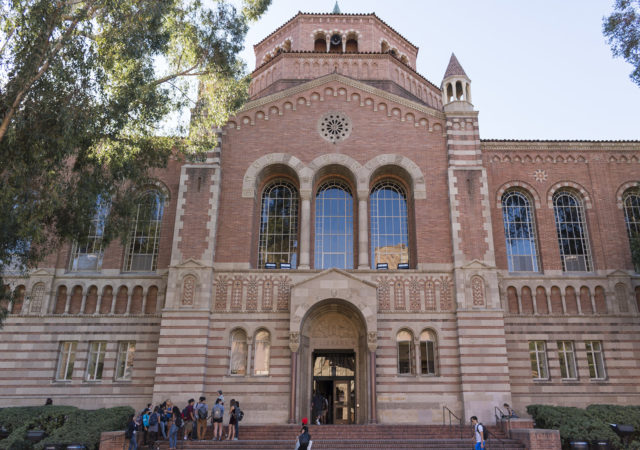

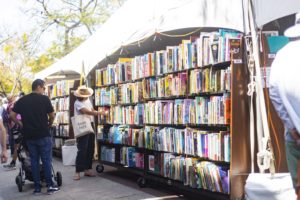
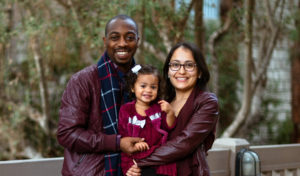
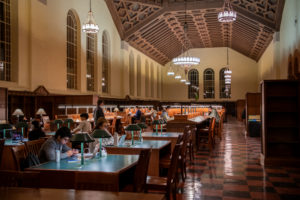
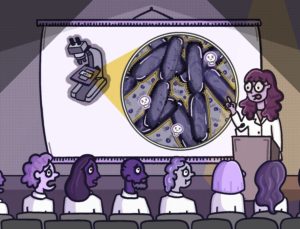
Comments are closed.